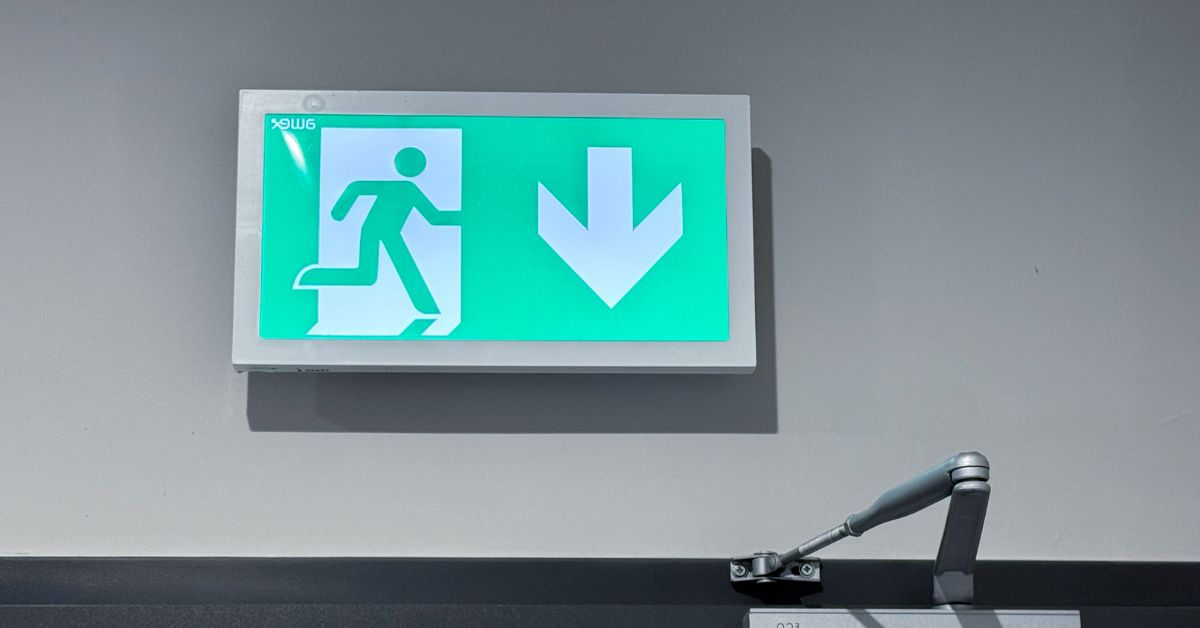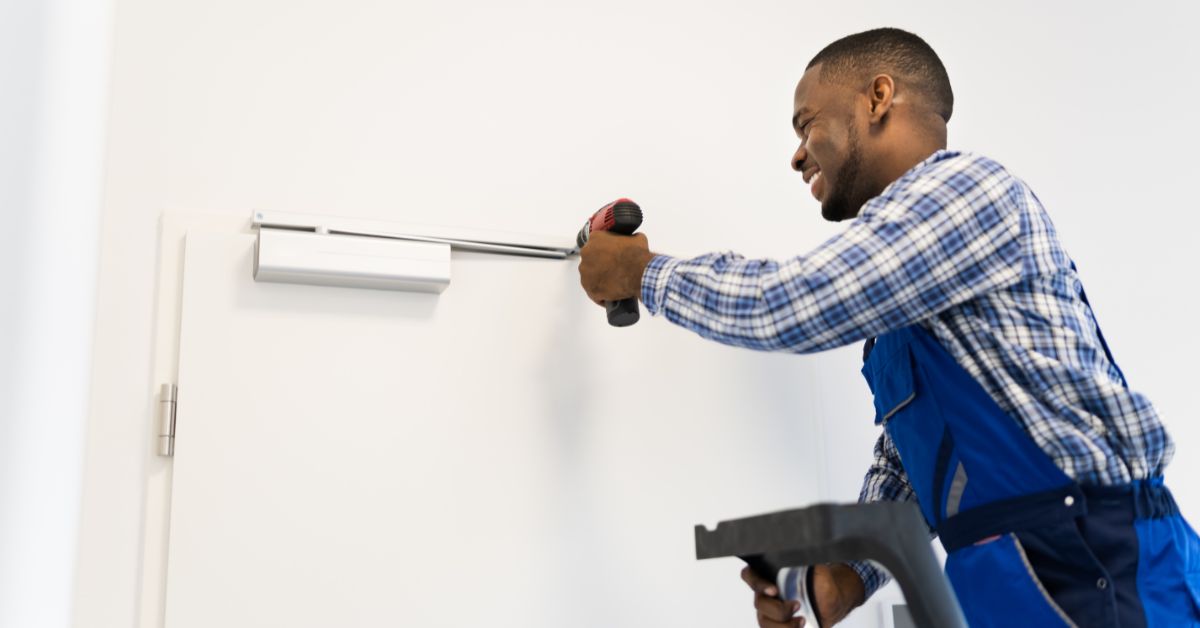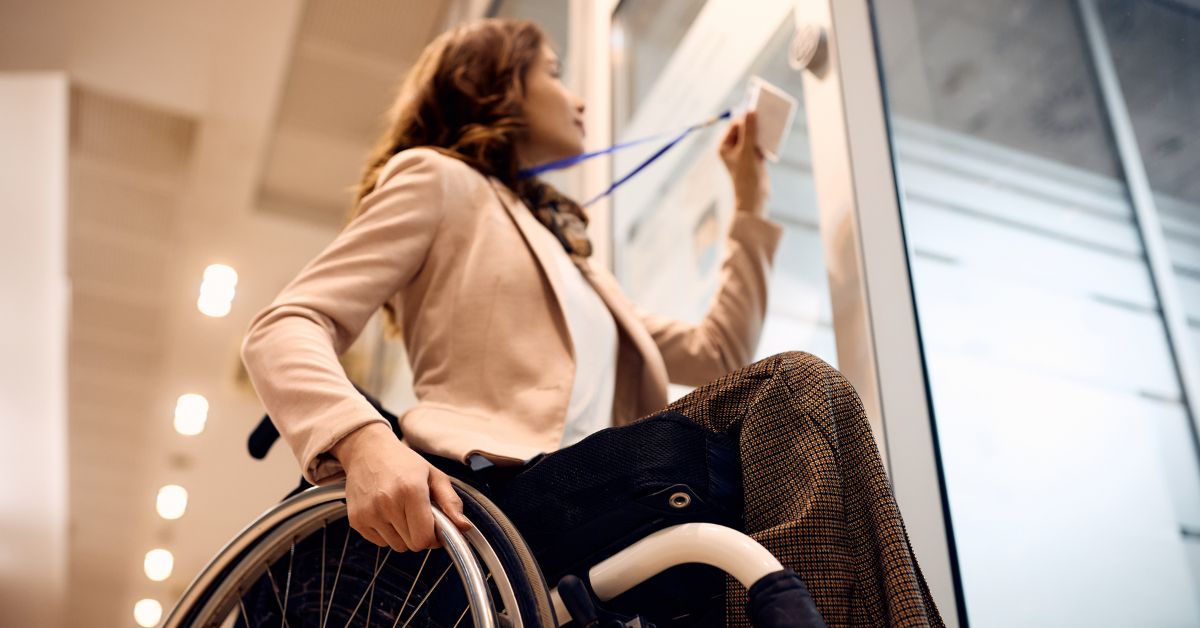Your Guide to Choosing the Right Commercial Door Closers

Selecting the best commercial door closer matters. Each type serves different needs, so this guide to choosing the right commercial door closer will ensure you select hardware that meets your requirements. From traffic constraints to aesthetic preferences, every aspect counts. Explore options for different settings to determine how you can make the best decision about door closers.
Step 1: Assess Your Needs and Environment
Before selecting a door closer, evaluate how frequently people use doors in your building. High-traffic areas, such as office lobbies and school corridors, demand unique solutions. Traditional surface closers are excellent for these environments because they can handle constant use, making them valuable additions to buildings with heavy foot traffic.
Consider Aesthetic Impacts
Aesthetics can play a significant role in door closer selection. If your space features sleek, modern interiors, you might prefer door closers that complement this style. Modern surface closers have a polished appearance, fitting into contemporary architectural designs. They also protect mechanical components and enhance the overall look of a space, making them ideal for retail stores and high-end offices.
Explore Minimalistic Options
If you want to take a minimalist approach, concealed in-door or frame closers provide a discreet solution. These options maintain the architectural integrity of your building by hiding the mechanisms within the door or frame. This choice suits upscale hotels and historic buildings, where designers want to maintain a clean visual line. Simply put, concealed closers deliver all the functionality without disrupting the design!
Step 2: Evaluate Functional Requirements
Consider whether automation is necessary for your doors. Power operators offer automatic operation, providing effortless access in hospitals and airports. These systems enhance accessibility for people with mobility aids or workers carrying heavy items. By automating door functions, these operators maintain a smooth flow of traffic while reducing congestion in busy areas.
Prioritize Safety Features
Safety remains a top priority in door closer selection. Electromagnetic door closers offer enhanced security during emergencies, such as fires. They integrate with fire alarm systems, ensuring doors close automatically when necessary. This feature is essential for compliance with safety regulations for fire exits and emergency routes. It also provides peace of mind for building occupants and managers.
Align With Functional Requirements
Your door closer hardware should meet the demands of your environment. Evaluate each space’s unique needs, from automation and safety to aesthetics and durability. Align these requirements with the available solutions to ensure your door closer performs effectively. With the right combination of features, you can improve functionality and safety within your commercial building.

Step 3: Analyze Installation and Maintenance Needs
When choosing door closers, assess the available installation space and any structural limitations. Overhead door closers have versatile mounting options, making them suitable for many configurations. They fit well in different settings, whether dealing with limited space above the door or unique architectural features.
Consider floor spring door closers for expansive entryways. These devices mount beneath the floor, maintaining a clean appearance while supporting the weight of heavy doors, such as those with large glass panels.
Consider Maintenance and Longevity
Consider maintenance and longevity when choosing a commercial door closer for your building. Selecting a design that aligns with your maintenance capabilities can simplify upkeep. Modern surface closers without cover offer easy maintenance, adjustments, and repairs. This reduces hassles and ensures consistent performance over time. Regular inspections of the closer can prolong its life and contribute to sustainable building management.
Ensure Practicality Over Time
You must look beyond immediate needs for the sake of practicality. Evaluate the durability of the options you’re considering. The right choice will be able to handle the demands of today and those of the future. By carefully considering installation and maintenance aspects, you can select a door closer that supports your building’s needs over time.
Step 4: Consider Budget and Cost-Effectiveness
It’s important to weigh cost against quality before making a purchase. Fixed and adjustable spring types deliver reliable performance at a reasonable price. These options are perfect for standard applications, offering durability and effectiveness without high expenses. Ideally, you’ll stay within budget while prioritizing quality.
Plan for Future Adaptability
Planning for the future ensures your investment remains valuable as your needs shift. Adjustable spring types, for instance, accommodate a range of door weights and sizes. Adaptability is beneficial for spaces with evolving functions, such as multipurpose commercial buildings. Selecting a product that adjusts to different conditions prepares your facility for expected and unforeseen changes.
Step 5: Prioritize Accessibility and Compliance
Accessibility is a critical factor when selecting door closers for commercial spaces. Ensuring that doors open and close with minimal effort can support individuals with mobility aids. Power operators are ideal because they automate door functions for effortless entry and exit. These closers are particularly beneficial in hospitals and shopping centers, where accessibility remains a priority.
Comply With Regulations
Many regions have building codes that require public structures to meet standards for door operation, especially concerning fire safety and accessibility. Electromagnetic door closers integrate with alarm systems to ensure doors close securely in emergencies. Staying current about local regulations and choosing closers that meet these standards can prevent potential legal issues and increase the safety of building occupants.
Enhance User Experience
Improving user experiences through thoughtful door closer selection can positively impact how people perceive your building. Consider features that facilitate smooth and quiet operation while reducing disruptions in quiet spaces, such as libraries and offices. By prioritizing the user experience, you ensure that your space remains welcoming for all visitors.

Step 6: Choose the Right Supplier
At DoorHub, we understand the importance of choosing the right door closer supplier. We pride ourselves on providing top-quality products backed by a stellar reputation. When researching suppliers, consider our extensive range of products and exceptional customer service. Our solid track record makes us a reliable partner for your commercial spaces.
We value long-term partnerships with our clients, ensuring consistent quality and access to the latest door technology innovations. By choosing DoorHub, you work with a supplier that shares your values!
Final Thoughts
Selecting a commercial door closer requires you to consider many things. As you make your decision, focus on aligning product features with your needs. The right door closer enhances functionality and contributes to a safer environment. Trust DoorHub to guide you in making informed decisions.

Author
Greg Richard
Chief Technical Officer and Founding Member of DoorHub.com